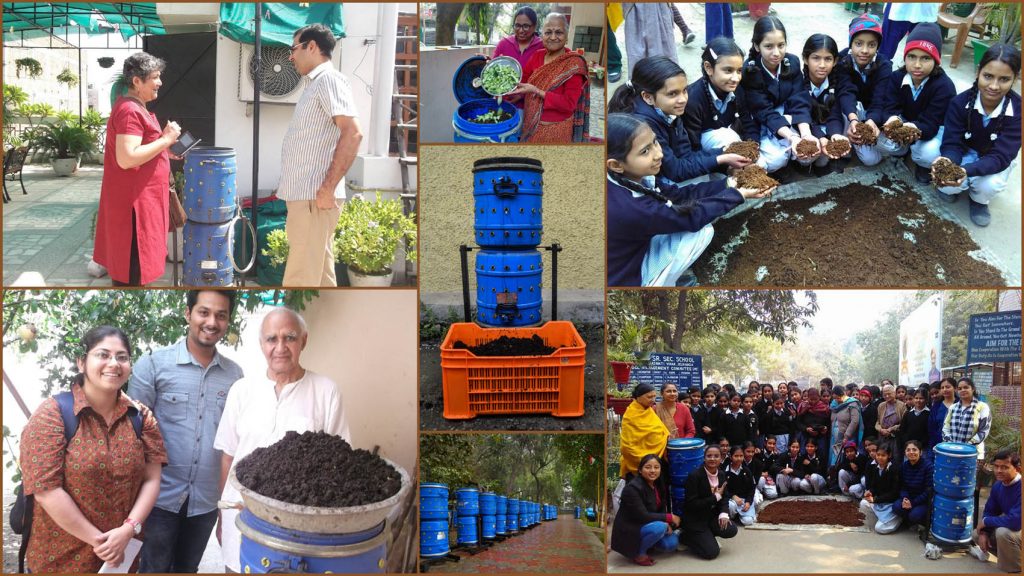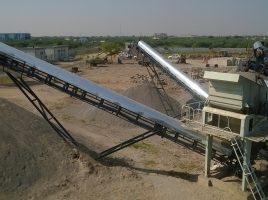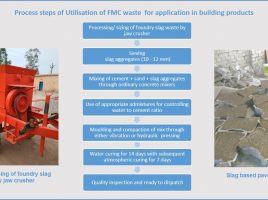Recycling towards a Sustainable Future
Food waste is a major worldwide problem. 1.3 billion tonnes of all the edible food produced worldwide is wasted or lost each year. That is 1/3 rd of the food produced annually. Not all food can be eaten. There will always be peels of vegetables and fruits and bones from meat, egg shells etc.
Composting is the best solution. Composting at home is an inexpensive, natural process that transforms your kitchen and garden waste into a valuable and nutrient rich food for your garden. Keeping in mind the growing need of decentralised waste management, Development Alternatives (DA) in collaboration with the Government of Delhi piloted an initiative ‘Green Gold’ in 2015 in the E-Block of Saraswati Vihar, Pitampura, New Delhi. Through this project, DA built the capacities of 50 families to manage their organic waste at the household level.
50 composters were installed in the homes of 50 families which converted their organic waste into compost in just 45 days through maggot composting. Around 1500 kg of compost was produced by these households which was utilised within their home gardens and for the society parks. Even after the project completion and handholding support got over, majority of the people are continuing the process and producing manure from their food leftovers and garden trimmings. The RWA of the area has accepted the initiative wholeheartedly and is promoting it in the neighbouring societies as well.
Making your own garden compost is a lot easier than most people realise. With a simple heap, we can recycle most of our organic household and garden waste and enrich our garden’s soil at the same time. It is also an extremely satisfying way to help the environment. By adopting kitchen waste recycling, Saraswati Vihar residents benefitted themselves in numerous ways:
• Improving their garden soil quality and garden vitality by releasing the rich nutrients of the compost into the soil.
• Prevention of greenhouse gas emissions by encouraging the aerobic breakdown of organic materials and reduction in the amount of garden and kitchen waste going to the landfill.
• Recycling valuable nutrients and reducing the use of artificial fertilisers.
• Cost saving as they do not have to buy readymade compost from the gardeners anymore.
Learnings from various experiences all over India show that waste management through decentralised initiatives can improve the situation of city level waste management efforts. Organic waste – the largest waste stream of household waste, if managed properly can be easily recycled into compost. Local governments need to make a greater effort and commitment to increase outreach and community awareness programmes to encourage source segregation of waste. Awareness building should be coupled with increased budgetary allocations to the sector and stringent implementation of existing laws with stronger enforcement.
Decentralisation has the potential to lead towards behaviour change by societies. Appropriate mechanisms such as charging collection fees to households that produce mixed waste and exempting those households from such fees that segregate waste should be considered along with rag picker trainings for waste segregation and recycling, youth clubs for inspiring young people to organise society waste programmes etc.
The Four ‘R’s: Reduce, Reuse, Recycle and Rot outline strategies for reducing landfill waste should be implemented by all sectors of the society, from individuals and households to schools and corporations to enhance public, private and government participation in organic waste recycling. Ultimately, these strategies will lead us to a future that is sustainable.
Vandana Saini
vsaini@devalt.org
The views expressed in the article are those of the author’s and not necessarily those of Development Alternatives.






Leave a Reply